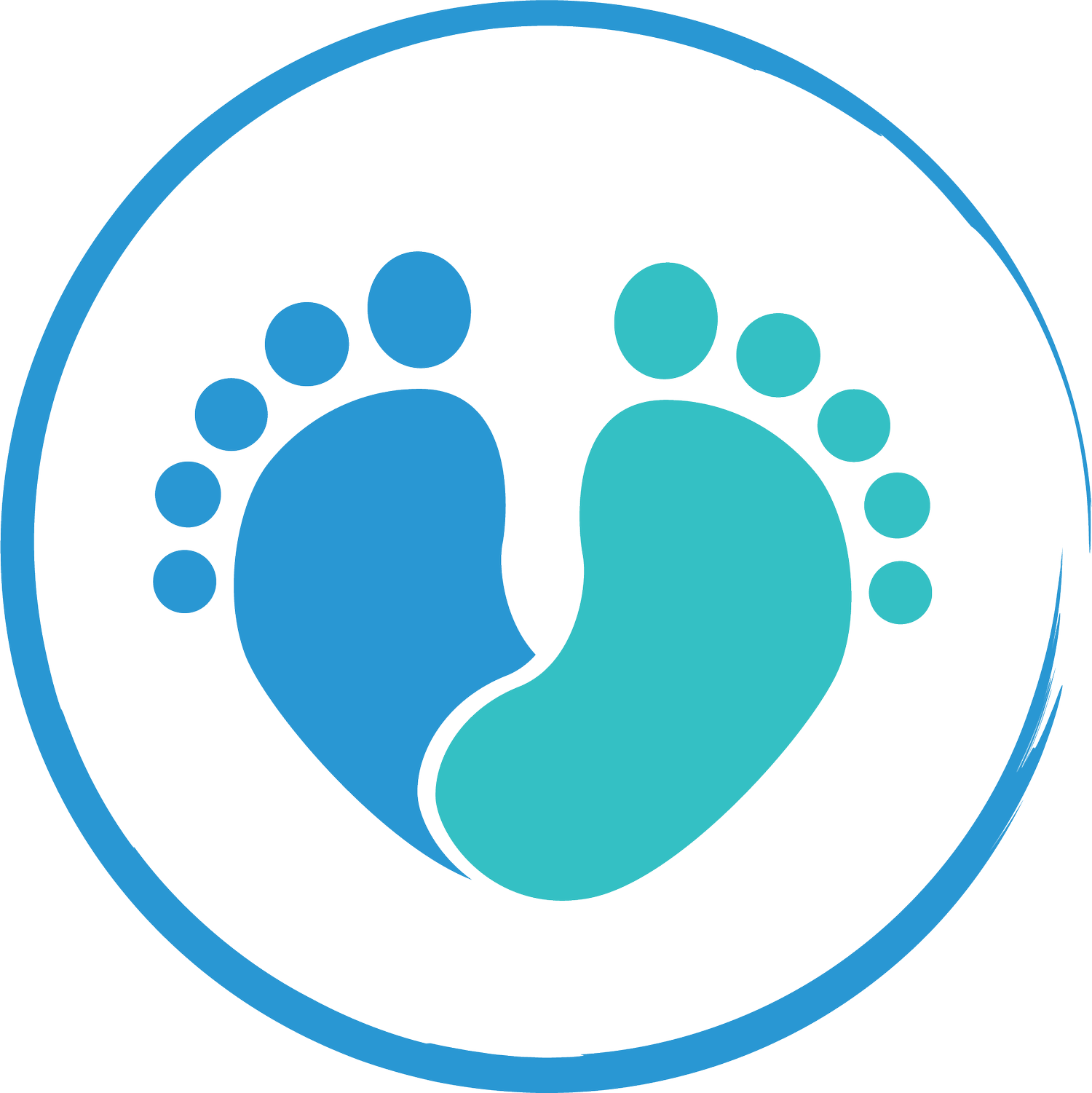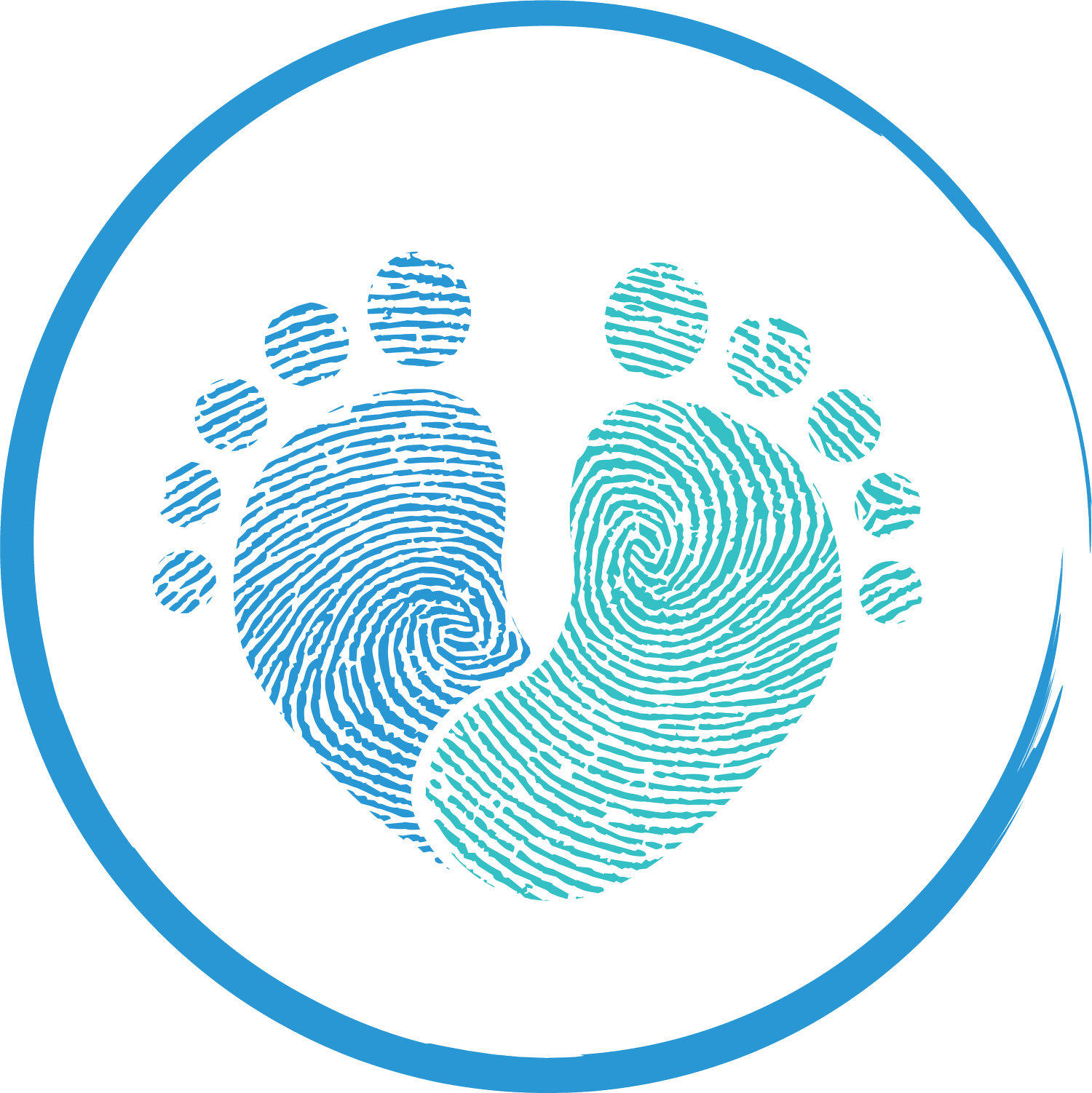A Beginners Guide to Maintaining Healthy Feet with Diabetes
What does my Diabetes have to do with my feet?
If you have Diabetes, you know it requires daily management of what you eat, your activity level, and many other aspects of your life. Although it seems like a lot to monitor, you are not alone! The CDC states 11.3% of Americans live with Diabetes.
The effects of Diabetes over time are well known including the importance of keeping a healthy diet to avoid high blood pressure. So how does high blood pressure affect your feet? When your blood pressure gets too high, this can affect the blood flow to your lower extremities and damage your nerves.
Once your nerves are damaged, you will begin to have numbness and tingling in your feet. You will also lose the ability to feel hot, cold or pain. This means your body’s way of alerting you will be turned off and you may injure yourself and not notice. Small cuts, scrapes or fissures that go unnoticed on your feet paired with barefoot walking can become serious if they go untreated or become infected. This can lead to ulcers which can lead to possible toe amputations.
So who is at risk for developing nerve damage?
Diabetics who:
have had Diabetes for a long time
have consistently high levels of blood sugar
are over 40 years old
are overweight
have high blood pressure or high cholesterol
Tips to Maintaining Healthy Feet with Diabetes
Keep yourself active with hobbies like walking, running, biking or swimming
Keep your blood flowing by putting your feet up and wiggling your toes when you’re sitting
Keep up your foot hygiene by washing, not soaking, your feet daily and drying them completely. Moisturize the top and bottom of your feet but avoid between the toes
Wear shoes that fit well and always try to wear socks with your shoes. When buying shoes, try them on at the end of the day when your feet are the largest.
Cut your toenails straight across but avoid removing your corns/calluses and cutting your toenails if you cannot reach or have reduced feeling in your toes.
Avoid going barefoot! Slippers should always be worn in the house and be sure to check inside your shoes for any pebbles or other foreign objects.
Check your feet daily for any cuts, sores, blisters, calluses, redness, swelling, and other changes to the skin or nails. Use a mirror if you can’t see the bottom of your feet.
Get your feet checked at every healthcare visit with your Foot doctor to ensure your feet are healthy.
Remember! Your feet are so important for taking you through life, don’t forget to take care of them so you can keep on living your best life!


